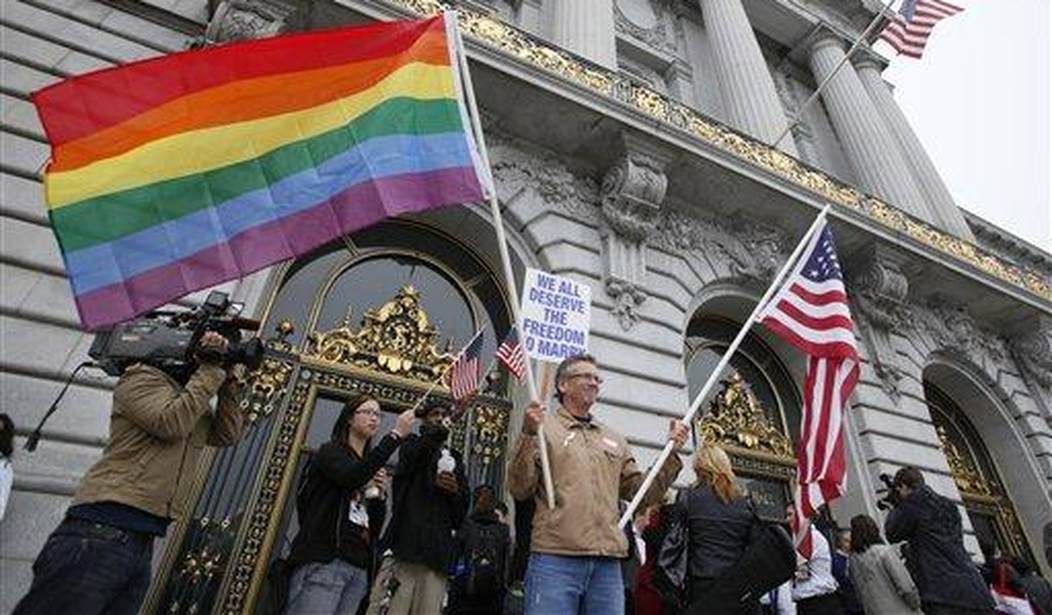Prior to the Dobbs decision repealing Roe v. Wade being announced, the left was warning that ending abortion was only the first step. “Right-wing radicals” would target LGBTQ rights, like gay marriage, and the legality of contraceptives next.
Indeed, Justice Clarence Thomas, writing in support of the majority in Dobbs, indicated that all decisions based on “due process” might be revisited.
Thomas wrote, “In future cases, we should reconsider all of this Court’s substantive due process precedents, including Griswold, Lawrence, and Obergefell.”
Griswold legalized contraception without any restrictions, Lawrence tossed out laws criminalizing same-sex relationships, while Obergefell recognized a right for gays to marry. Are the left’s nightmares about the end of Roe coming true?
Not hardly.
While Thomas’s comments outline the worst-case scenario for the majority’s liberal critics, it’s unclear whether the other conservative justices are willing to go as far as the court’s most senior member.
Alito stressed in the majority opinion that his reasoning applies only to abortion and rejected any assertions that the rationale in Dobbs could extend to Griswold, Lawrence or Obergefell.
“Nothing in this opinion should be understood to cast doubt on precedents that do not concern abortion,” Alito wrote.
No doubt, there will be some conservative groups who will argue that Dobbs opens the door for the repeal of gay rights, contraceptive laws, and other “due process” cases. But they’re not likely to get very far.
The same reasoning used by Alito to overturn Roe conflicts with other precedents that legalize gay marriage and contraceptives, as he pointed out in his carefully worded opinion.
“We have also explained why that is so: rights regarding contraception and same-sex relationships are inherently different from the right to abortion because the latter (as we have stressed) uniquely involves what Roe and Casey termed ‘potential life.'”
But what about Thomas’s concurring assertion that other due process cases should be examined? As a matter of law, a concurrence carries very little weight. It’s Alito’s majority opinion that all six justices signed off on that matters. Thomas’s opinion is just that — an opinion.
Of course, the liberal justices pointed to Thomas’s concurrence to warn about other rights under threat.
The liberal dissenters used Thomas’ concurrence to go after Alito’s assurances that the court was not putting those precedents at risks by overturning Roe.
“The first problem with the majority’s account comes from JUSTICE THOMAS’s concurrence — which makes clear he is not with the program. In saying that nothing in today’s opinion casts doubt on non-abortion precedents, JUSTICE THOMAS explains, he means only that they are not at issue,” the liberals wrote, as they quoted from Thomas’ concurrence.
Others on the left will almost certainly point to Thomas’s concurring brief rather than Alito’s majority opinion. This battle is in the political arena now and trying to frighten women with scare talk about losing the ability to purchase contraception, or frighten gay people by proclaiming the imminent end lof gay marriage is a political tactic, not reality.










Join the conversation as a VIP Member